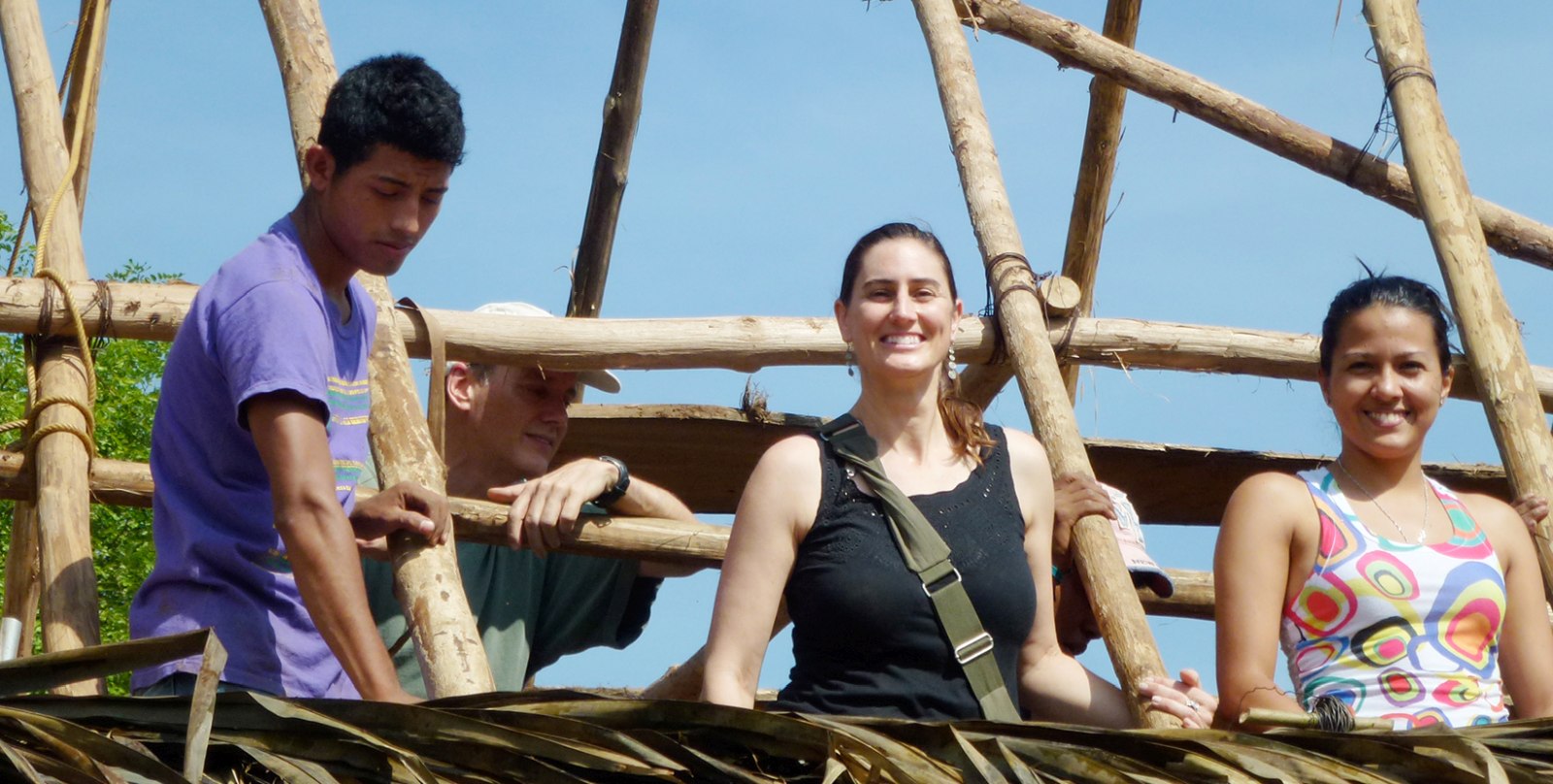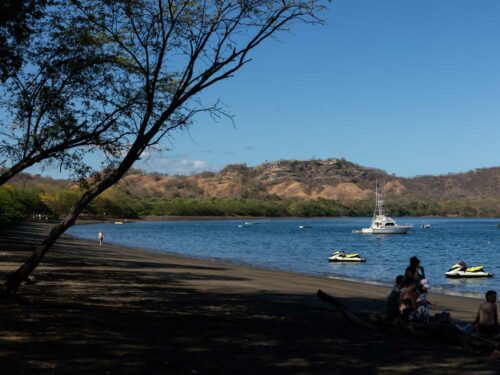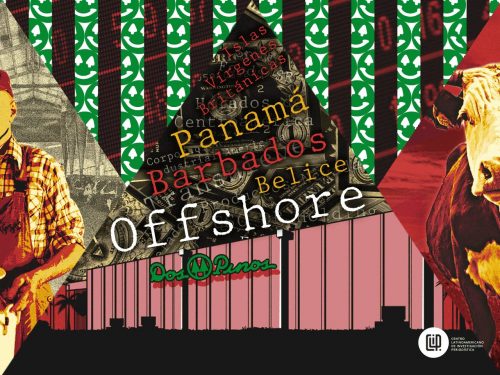
Karen Stocker is not Guanacastecan or even Costa Rican, but without a doubt, she knows more about the Chorotega culture than the majority of Ticos.
The Californian visited Costa Rica for the first time in 1992 through an exchange program run by the Associated Colleges of the Midwest. Since then, the country has been the focus of her studies. Stocker has a master’s degree in Latin American studies and a doctorate in anthropology from the University of New Mexico. Throughout her career, she has dedicated herself to studying indigenous communities with an emphasis on the Chorotegas.
The Voice of Guanacaste interviewed Stocker, who said that discrimination towards indigenous Chorotegas has been decreasing with time.
How do you think that Guanacastecans see Chorotegas?
I think that at this time the people’s knowledge of the Chorotegas is increasing. Some years ago there was a lot of discrimination. It seems to me that it is diminishing and appreciation for this culture is increasing. However, I believe that the idea still exists that the Chorotegas are now the same as the rest of the population and that they’re now something of the past; this is still heard today.
Why do you think that Costa Ricans know so little about the Chorotega population when it isone of the country’s native indigenous groups?
People read history books and study them in elementary and high school, but those books have left out the Chorotega culture. Those books either leave them out completely or just cover them in the past. Logically people are going to learn and associate the Chorotegas as something from the past and not as a current culture. In part, it is because a fluently spoken language doesn’t exist anymore, but that wasn’t something the people chose; it was something that was eliminated by force.
How proud are the Chorotegas of their culture?
Today they are proud. For a long time, [they were] not, but that had to do with the discrimination they faced because of it. I can’t say that discrimination doesn’t exist, but it has diminished a lot – really a lot.
What would you say is the biggest contribution that the Chorotega cultura has made to Guanacaste?
All of these great foods come from the Chorotega heritage: rosquillas[small ring-shaped pastries made from corn], tortillas, tamales, chichemi [a corn-based drink], chicha [a fermented corn drink] – well, there are a ton.
What about the Chorotega culture impresses you?
If we’re talking about values, there are a lot of values that coincide with Guanacaste and Costa Rican values. If we are talking about traditions, there is a very beautiful tradition that is very much theirs, which is telling stories about a very spiritual world. There are storytellers who tell about certain spirits, certain beliefs, like magic traditions. This art of captivating with stories still exists among these people.
How do you view the mixing of the Chorotegas with globalization and a more technological world?
It’s a very beautiful and surprising mix. I think that the internet and globalization –having social networks, having Facebook – is enriching the Chorotega culture, as the people are now free to represent themselves, with their traditional and contemporary aspects. They can show that they are Ticos and also indigenous, that they are something of the present – very much so – but that they also respect the past and their customs.
But in some way technology is changing their culture…
Of course! But [technology] doesn’t harm it. It is always normal for a culture to change. Now, for example, they use social networks to share their histories, their stories and they also upload photos of the delicacies they make with corn, of their food. Rather, now they can share more of their traditions with people. I believe that technology has enriched the culture instead.
For example, they now use social networks to establish contact with other indigenous reservations in the country and they’ve been able to exchange ideas about how to preserve certain traditions.
If a foreigner asks you what a Chorotega is like, what would your description be?
I would describe them as a person who lives in the present-day world, who is just like a Tico, but with some extra knowledge and traditions that are very beautiful and very important to Costa Rican history. A Chorotega today is part of the present-day community and also knows to preserve and respect some traditions of the past and maintain them in the present.







Comments